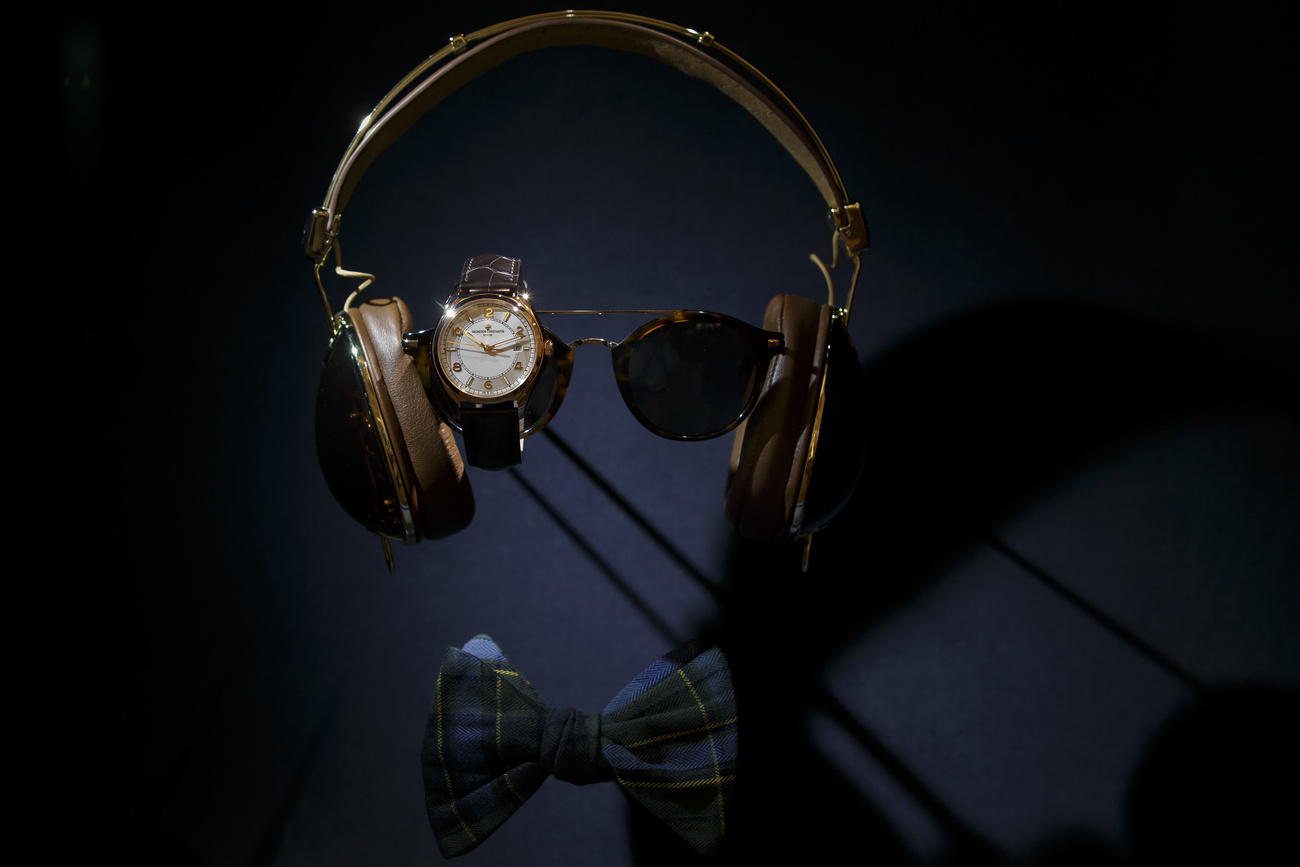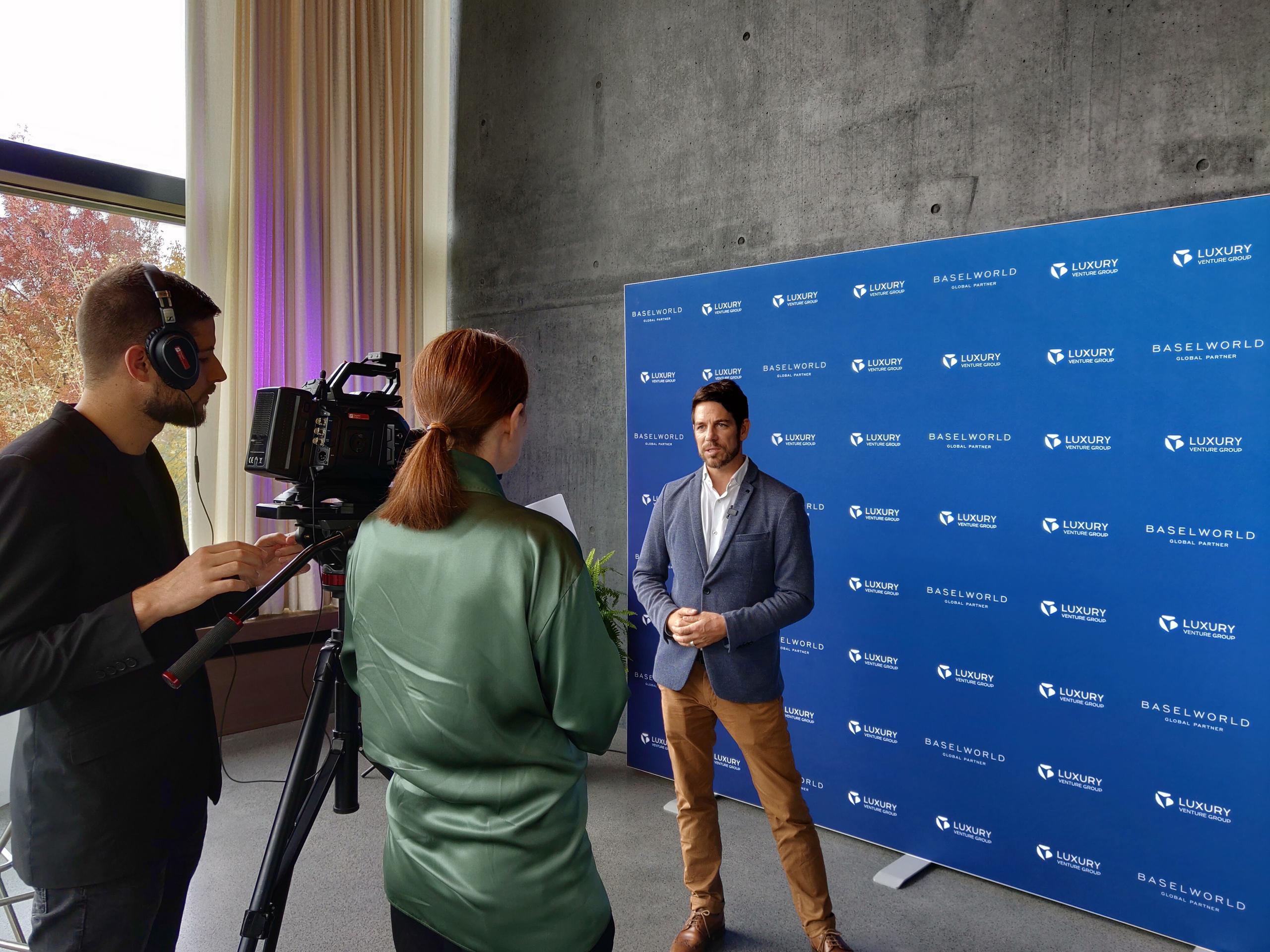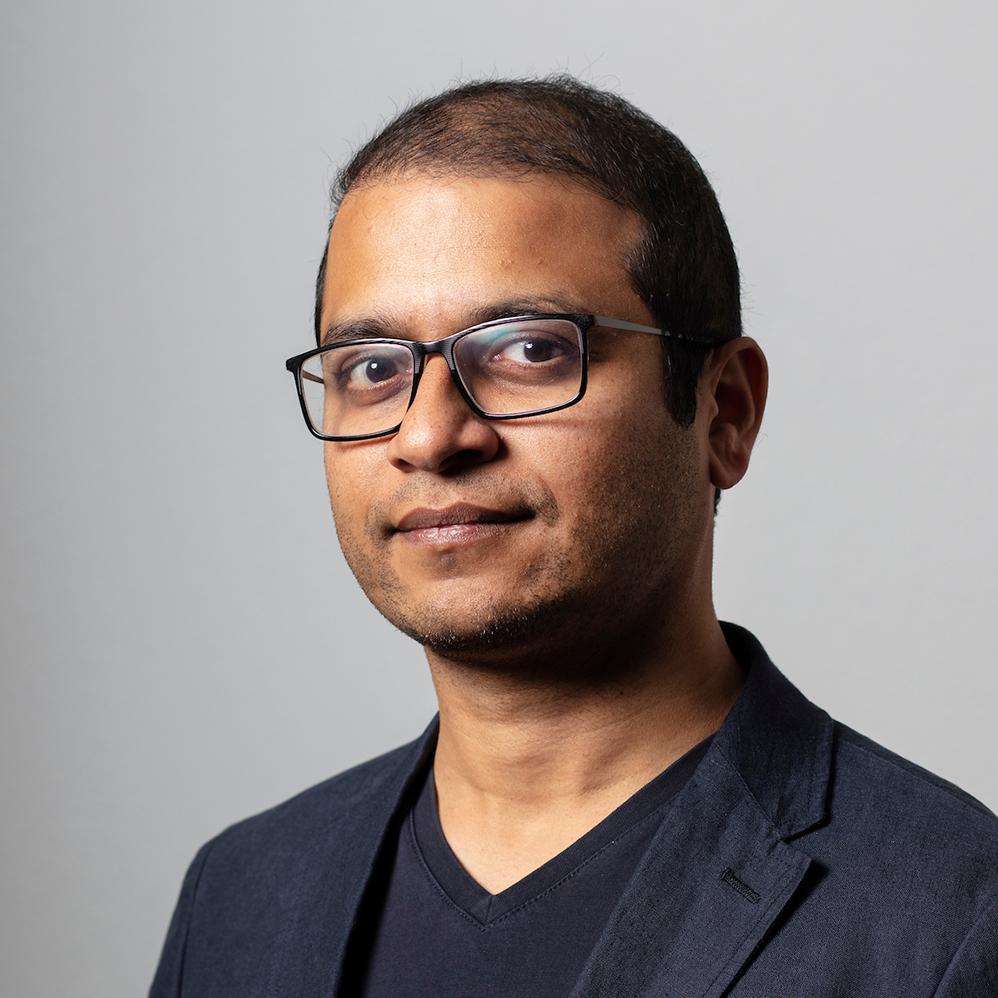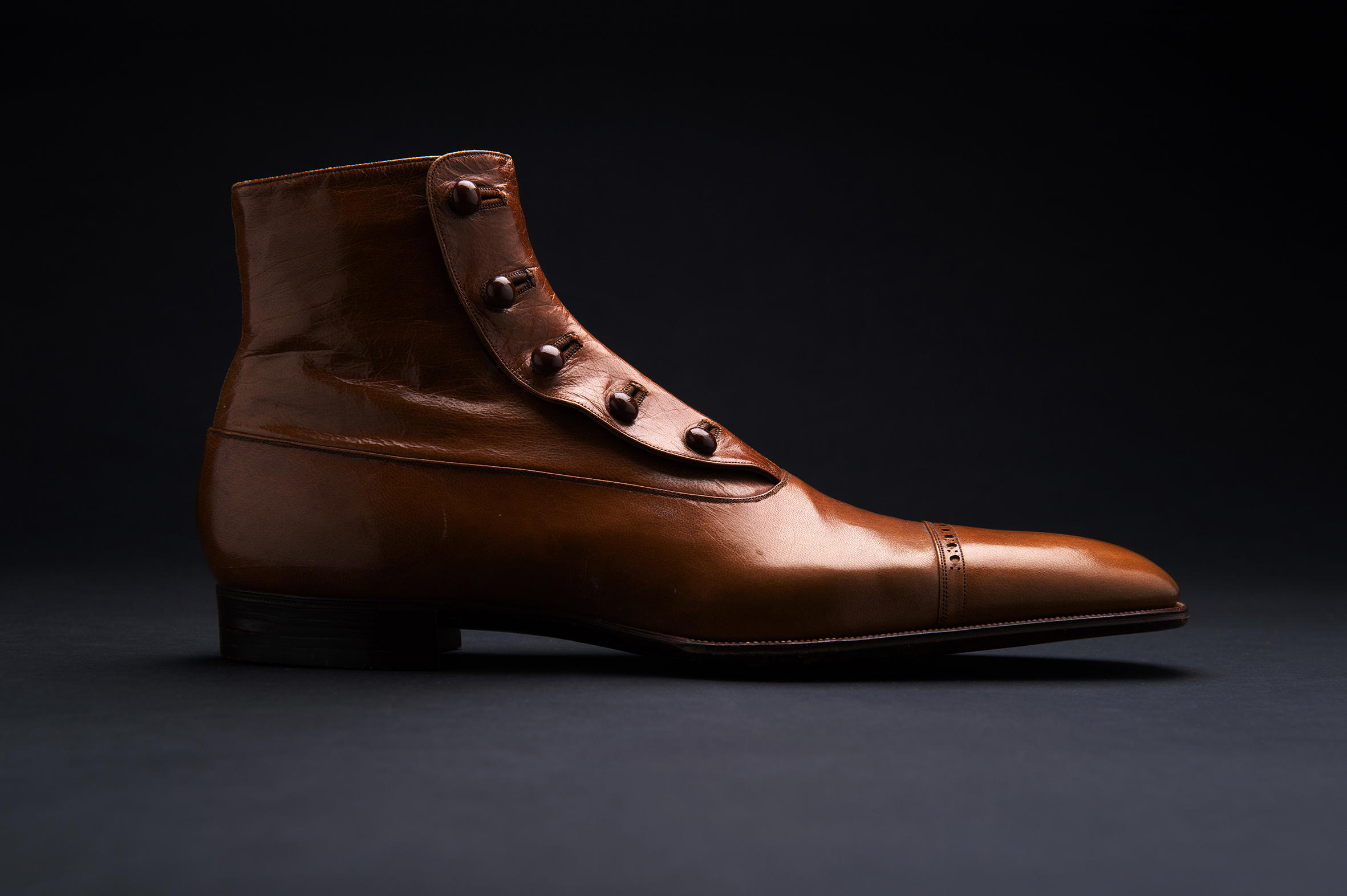Startups struggle to make a mark in the conservative luxury industry

Swiss luxury startups are finding it difficult to break into an established market that can be averse to change due to longstanding traditions.
“When I was working for an auction house a couple of years ago the chairman handed me a gadget a client had given him. It was a USB stick and he did not know what it was.”
This anecdote was shared by Alexandre Catsicas, founder of the art and technology startup Artmyn, at the first-ever Luxury Venture Day – an event to foster luxury startups from around the world held near Zurich. His company, based on shores of Lake Geneva, provides two-billion-pixel scans of precious artworks.
“The worlds of finance, music and movies have embraced technology, but luxury remains a very conservative industry,” Catsicas pointed out.
‘Direct competition’
Part of the luxury industry’s reluctance to embrace change comes from a pride in traditions that often go back more than a century. But the rigid business model of the luxury industry is a major factor in stifling innovation, according to Francois-Marie Neycensas of young watch brand Reservoir.
Manufacturers of luxury goods offer their products to select distributers and retailers who sell them to clients at a fixed price. This business model, designed to control supply and create exclusivity, is opposed to disruption.
“[Luxury] retailers see e-commerce as direct competition,” says Neycensas.

The established luxury sector business model also means manufacturers known little about the people who buy their products. This is something that tech startup Adresta is trying to change.
“The watch industry is not digitised at all. Our vision is to create more trust and transparency in the luxury watch market with digital tools,” says co-founder Leonie Flückiger.
Adresta offers the possibility to create a digital ID for watches at the time of manufacture so both retailers and owners have access to information about the timepiece’s history.
“We do the proof of concept with smaller brands but we have to get some of the big players to participate to be successful,” says Flückiger.
But it hasn’t been easy. The big players do not take too kindly to those trying to encroach on their turf, according to Nicolas Hildenbrand, who founded a timepiece startup called Watchdreamer. The company offers the option of owning a luxury watch through a loan that can be repaid over 12 to 48 months. Some luxury watch brands were not happy with the concept and were reluctant to give approval for their watches to be sold on installment plans, says Hildenbrand.
“We want to be an ally of the watch industry and not an enemy,” he says. “All we are doing is opening up a new segment of customers which so far could not afford to buy a luxury watch.”
Stay or go?
Amid such frustrations, some Swiss startups are heading directly to the main markets for better prospects.
“Switzerland is a small market with a lot of potential hurdles. As 90% of our market is in Asia, I will move to Hong Kong soon to develop our products there,” says Dersim Avdar of Digital Footwear Solutions, a company providing a secure cloud-based platform for shoe manufacturers.
But being based at the global centre of watchmaking has its advantages, says Hildenbrand – especially when it comes to expanding to other markets like France, Germany or the United States.
Switzerland’s art market offers similar advantages to startups.
“Basel is a big space for us and we have a lot of connections in Switzerland,” says Marcela Correa of London-based startup Vastari, an online platform that connects private art collectors with museum for exhibition loans.
The Alpine country is also home to several art and design schools like Geneva University of Art and Design (HEAD), Lausanne Cantonal Arts School (ECAL) and the Zurich University of the Arts (ZHDK) that churn out students trained in pushing the boundaries in fashion, art and technology.
Students can take advantage of scholarships and grants offered by such schools to start their own businesses. Carolien Niebling of ECAL did just that – she helps butchers and Michelin-star restaurants make sausages with less meat.
“The main difficulty is to keep on growing and getting big companies to commit to working with me,” she says.

In compliance with the JTI standards
More: SWI swissinfo.ch certified by the Journalism Trust Initiative





You can find an overview of ongoing debates with our journalists here. Please join us!
If you want to start a conversation about a topic raised in this article or want to report factual errors, email us at english@swissinfo.ch.